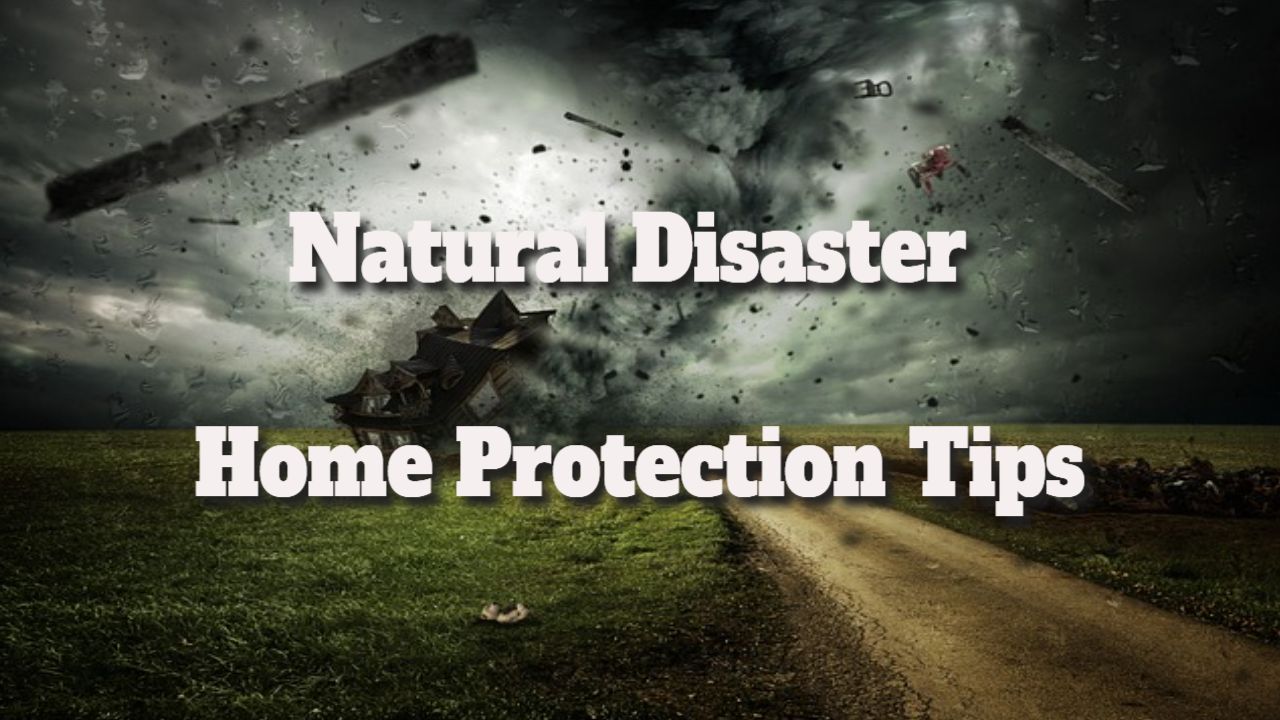Survival Psychology: Understanding the Mindset
Unlocking the Secrets of Survival Psychology for High-Stress Situations
The adage “desperate times call for desperate measures ” often describes survival, and this phrase rings especially true when examining the psychology behind survival. In moments of extreme danger, the human mind experiences a fascinating transformation, tapping into deep reservoirs of strength and resilience that may otherwise remain dormant.
So, what exactly occurs in our minds when faced with life-threatening scenarios? How do we navigate decision-making when every second counts? Furthermore, how does our psychological makeup influence our capability to endure and thrive amidst chaos?
In this exploration, we venture into the captivating realm of survival psychology, unpacking its intricacies and shedding light on the pivotal factors that affect our ability to persevere and emerge victorious from difficult situations.
How Fear Fuels Survival Mechanisms
Fear plays an indispensable role in our survival instincts. This primal emotion triggers physiological reactions to prepare us for action when confronted with dangerous or life-threatening scenarios.
As fear takes hold, your heart rate accelerates, breathing becomes rapid, and muscles tense, preparing your body to respond effectively to the impending threat. This heightened alertness sharpens your reflexes and facilitates swift decision-making, enabling you to take the necessary precautions to ensure your safety.
Moreover, fear enhances your sensory perception, making you aware of your surroundings and potential dangers. It compels you to concentrate and be vigilant, allowing you to identify warning signs that might otherwise go unnoticed. Without fear, the urgency and caution needed to navigate hazardous situations may be significantly diminished, underscoring its vital role in our survival.

Navigating Life’s Challenges with Resilience
After experiencing fear in life-threatening situations, harnessing the power of resilience becomes crucial for continuing the struggle for survival. Resilience is the ability to overcome adversity, adapt, and recuperate, even when faced with overwhelming challenges.
This quality is the dividing line between those who capitulate to despair and those who muster the courage to keep fighting. Resilience does not mean being devoid of fear or pain; it involves the determination to persevere despite these feelings. It is about cultivating a positive outlook, honing in on your goals, and effectively leveraging available resources.
By fostering resilience, you equip yourself to confront life’s adversities confidently, knowing you possess the tools necessary to prevail. This mindset not only aids in survival situations but also enriches your overall life experience, promoting a sense of hope and empowering you to face future challenges with renewed strength.
Mastering Decision-Making Under Pressure
The capacity to make sound decisions can become significantly compromised when faced with high stress levels. The tension and urgency inherent in these situations can cloud judgment, leading to hasty or unwise choices.
During stressful moments, your brain experiences increased arousal, activating the fight-or-flight response. This physiological reaction can overwhelm rational thought processes, causing you to rely on instinct rather than careful deliberation. Additionally, stress can impede cognitive functions, making it difficult to absorb information and weigh the pros and cons of various options.
To counteract these effects, it’s essential to recognize the implications of stress on decision-making and actively employ techniques to mitigate its impact. Strategies such as deep breathing exercises, taking a moment to pause and reflect, or seeking guidance from others can enhance one’s ability to make more informed and effective decisions, ultimately improving one’s chances of successfully navigating challenging circumstances.
The Crucial Role of Social Support in Crisis Management
Acknowledging the significance of social support is essential to effectively managing stressful situations. A robust network of friends, family members, or colleagues can provide invaluable assistance in coping and thriving during distressing times.
Social support offers emotional reassurance, practical help, and a sense of belonging—all essential for fostering resilience and overall well-being. Research consistently demonstrates that individuals with strong social connections tend to experience better mental health outcomes and recover more quickly from traumatic events.
Moreover, having a support system enhances your problem-solving abilities, introduces fresh perspectives, and offers motivation and encouragement. Recognizing the power of social networks can transform your experience during crises, allowing you to lean on others for strength and guidance when needed.
 Effective Coping Strategies for High-Stress Situations
Effective Coping Strategies for High-Stress Situations
What practical strategies can be implemented to navigate life-threatening scenarios effectively?
– Stay Calm and Focused: Take a moment to breathe deeply and assess the situation.
Prioritize Safety: Whenever possible, seek shelter or move away from imminent danger to ensure your own and others’ safety.
– Maintain Awareness: Stay alert to your surroundings, paying attention to potential threats.
– Communicate: Signal for help or inform others about the danger if necessary.
– Trust Your Instincts: Rely on your gut feelings and make prompt decisions based on available information.
– Utilize Resources: Make the best use of all available tools and resources to improve your chances of survival.
– Stay Positive: Cultivate an optimistic mindset, believing in your ability to overcome the situation.
Effective Coping Strategies for Individuals with Trauma or PTSD in Crisis Situations
For individuals with a history of trauma or PTSD, implementing effective coping strategies during life-threatening situations is paramount.
– Practice Deep Breathing: Use grounding techniques to help manage anxiety levels.
– Seek Social Support: Avoid leaning on friends, family, or professionals for assistance.
– Engage in Self-Care: Prioritize activities promoting mental and physical well-being.
These coping mechanisms are instrumental in managing anxiety and building resilience over time.
Is resilience an inherent trait, or can it be cultivated? Resilience can indeed be learned and developed; it is not merely an innate quality possessed by a select few. Through consistent practice and support, anyone can enhance their ability to bounce back from adverse situations.
How does decision-making under stress impact long-term mental health and recovery from traumatic events? The way decisions are made in high-stress situations can have profound implications for recovery and overall mental health in the aftermath of life-threatening events. Understanding the influence of stress on decision-making is fundamental to fostering better outcomes in mental health and recovery.
What psychological barriers do individuals face when seeking social support during crises? Common psychological obstacles during these critical times include vulnerability, fear of judgment, trust issues, and challenges articulating one’s needs. Recognizing these obstacles is crucial, as they can hinder the process of seeking help, exacerbating stress and anxiety.
To effectively navigate these challenges and access the support you require, consider taking small steps such as confiding in a trusted friend or family member, consulting with a mental health professional, or joining a support group. Remember that reaching out for help is a courageous act, and there are people ready and willing to assist you in your time of need.
Exploring the Depths of Survival Psychology
The psychology of survival is a multifaceted and captivating area of study. While anxiety is a natural response to life-threatening events, resilience allows us to recover from adversity and continue moving forward.
By understanding how stress impacts decision-making, we can significantly enhance our chances of survival. Additionally, recognizing the importance of social support provides crucial strength and comfort during challenging times.
Employing effective coping mechanisms empowers us to navigate complex and life-threatening situations better, ultimately leading to greater resilience and improved mental health outcomes.
Frequently Asked Questions About Survival Psychology
How do pre-existing anxiety disorders affect survival psychology?
What psychological differences exist in survival responses between individuals with and without anxiety disorders?
Individuals with anxiety disorders may experience heightened reactions to fear and stress, while those without may engage in more adaptive coping strategies.
What are the most effective coping mechanisms for trauma survivors or individuals with PTSD in survival scenarios?
References
Survival psychology https://www.bps.org.uk/psychologist/survival-psychology-wont-live

